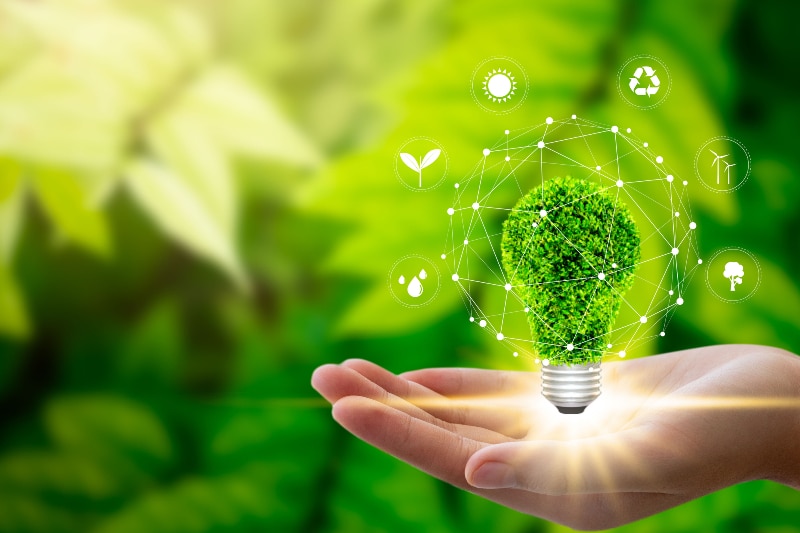Neuman & Esser (NEA) Ltd., Hydrogen de France (HDF) Energy, and GIZ have signed a letter of intent to collaborate on developing green hydrogen solutions for decarbonizing maritime transport in Indonesia’s small islands. The initiative is part of a wider public-private partnership (PPP) program, which was officially introduced at the H2Uppp Southeast Asia Conference on Green Hydrogen and Power-to-X in Bangkok.
As the world’s largest archipelago, Indonesia leans heavily on inter-island ferries to keep its economy and communities connected. Yet many of these services still rely on fossil fuels and are hindered by limited energy infrastructure, particularly across the country’s eastern islands.
To tackle these challenges, NEA and HDF Energy, with support from GIZ through the International Hydrogen Ramp-Up Programme (H2Uppp), will conduct a feasibility study on hybrid hydrogen and battery-powered ferry systems, aiming to produce a comprehensive technical and financial roadmap for clean, reliable, and scalable interisland transportation.
This project aligns closely with Indonesia’s strategic priorities, particularly the recently introduced National Hydrogen Roadmap and the Net Zero Emission Roadmap for the Energy Sector. Backed by the International Maritime Organization (IMO), it is envisioned not only as a cornerstone for advancing the country’s clean energy transition but also as a benchmark for future pilot initiatives led by both public and private stakeholders in Indonesia and internationally.
At the signing ceremony, representatives from all participating organizations emphasized the urgency and opportunity to align maritime and energy transitions. The Advisor for GIZ Indonesia underscored the need for immediate action, noting both the strong demand from the maritime sector and the national momentum for energy transition. Although Indonesia’s hydrogen strategy for maritime transport is set to begin in 2030, early contributions are crucial to accelerate progress. This project is expected to play a pivotal role in advancing maritime decarbonization in Indonesia and across the wider region.
(Source: Fuel Cells Works)
